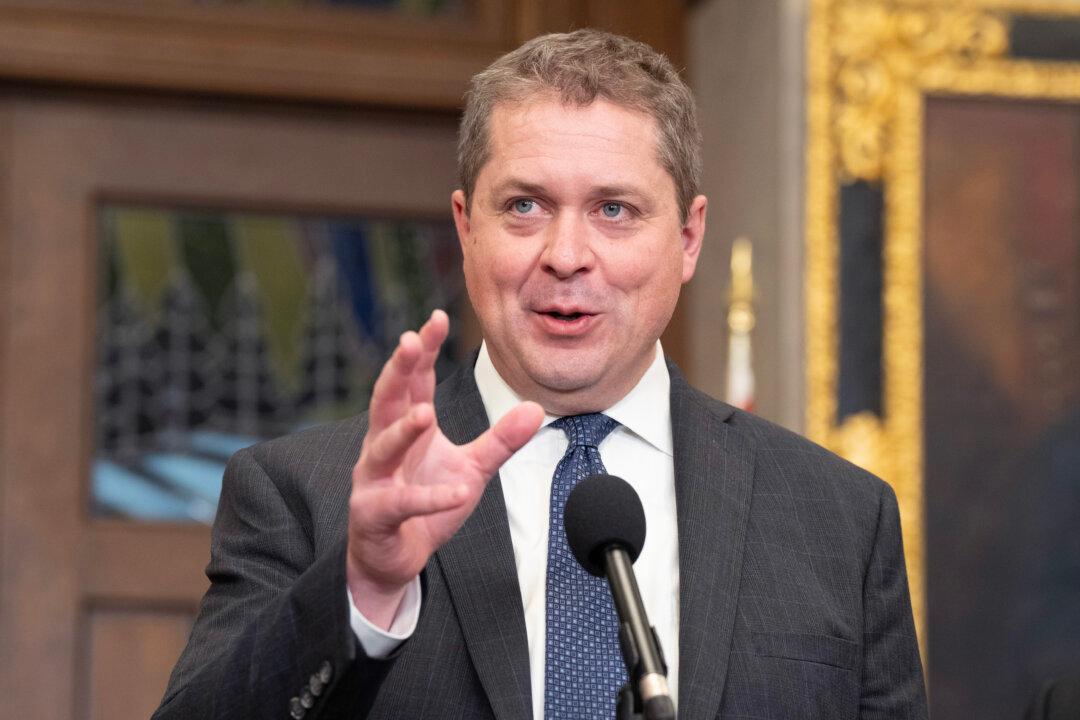This is part of a two-part series examining changes in the leading federal parties. You can read the article on the Liberals here.
Pierre Poilievre has been constantly rolling out policy announcements that follow his “common sense” motto since he became leader of the Conservative Party in 2022.





